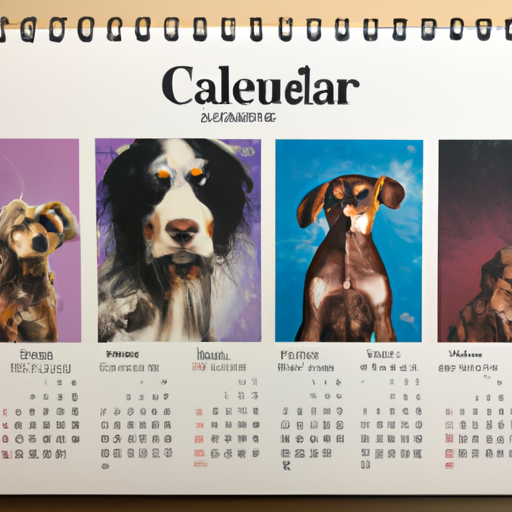Understanding the Puppy Phase
As a caregiver, you might be wondering when your adorable and mischievous puppy will transition into a mature adult dog. It’s an important question, as it has significant implications for their care, training, and overall well-being. In general, a puppy is considered an adult dog between 1 to 2 years old. However, this depends on various factors such as the breed size and individual temperament.
Factors Influencing Puppyhood Duration
There are several factors that determine when a dog is no longer a puppy. We’ll explore them in detail to give you a clearer understanding.
-
Size and Breed: Small breed dogs mature faster than large breeds. For instance, a small breed dog like a Chihuahua may reach adulthood at 10 months, while a large breed like a Great Dane may not be fully grown until 2 years.
-
Individual Temperament: Some dogs mature faster emotionally and mentally, others take longer. Just like humans, each dog is unique.
| Breed Size | Average Age of Maturity |
|---|---|
| Small Breeds | 10 – 12 months |
| Medium Breeds | 12 – 15 months |
| Large Breeds | 15 – 24 months |
Behavioural Changes as Puppies Mature
As your puppy grows, you’ll notice distinct changes in their behavior. It’s like watching a mischievous child transition into a responsible teenager. Here are some changes to watch out for:
- Decreased Chewiness: Puppies love to chew, but this habit decreases as they become adults.
- More Calm: Puppies are usually hyperactive. As they mature, they become calm and composed.
- Improved Focus: Adult dogs can focus better, making training sessions more fruitful.
The Importance of Age-Appropriate Care
Knowing when your dog is no longer a puppy is crucial for providing age-appropriate care. This includes diet, training, and healthcare.
-
Diet: Puppies require a diet rich in protein and calories to support their rapid growth. As they mature, their dietary needs change, requiring a balanced diet to maintain their health.
-
Training: While puppies can be trained, their short attention spans can be a challenge. Adult dogs can focus longer, making advanced training possible.
-
Healthcare: Puppies require specific vaccinations and frequent veterinary check-ups. As they grow, the frequency of visits may decrease.
FAQs
Q: When is a small breed dog no longer considered a puppy?
A: Small breed dogs typically reach maturity at around 10-12 months.
Q: How about large breed dogs?
A: Large breed dogs usually become adults at 15-24 months.
Q: When should I switch from puppy food to adult food?
A: Consult with your vet, but generally, you should transition your dog to adult food when they reach their expected adult weight.
Q: Do all puppies show the same behavioral changes?
A: No, each dog is unique. Some may mature faster or slower than others.
Q: Can I still train my dog after it is no longer a puppy?
A: Absolutely! Adult dogs often have better focus, making it possible for more advanced training.
By understanding the journey from puppyhood to adulthood, you can provide the best care for your furry friend at every stage of their life.



